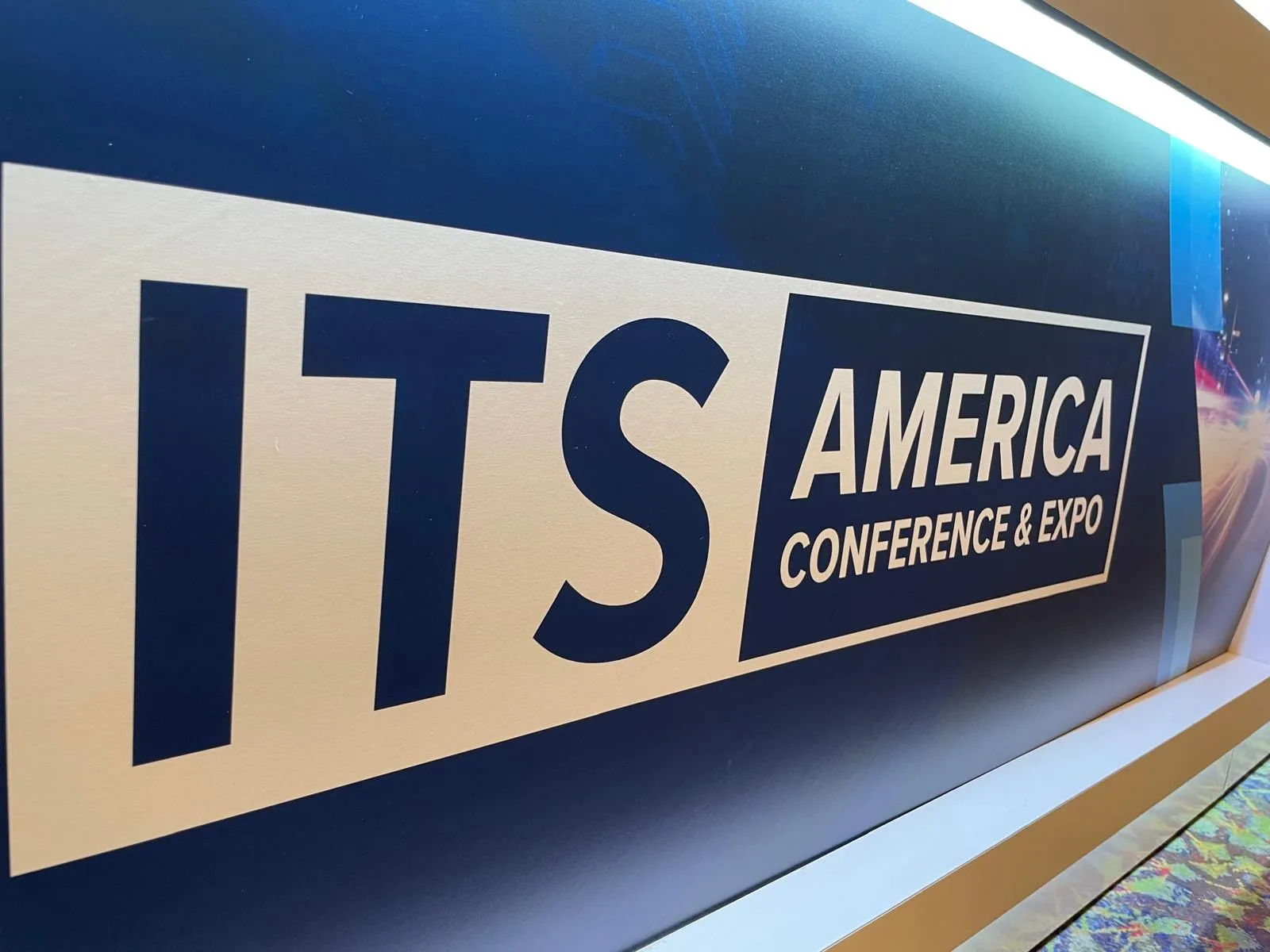A mathematical model that could significantly reduce traffic congestion by combining data from existing infrastructure, remote sensors, mobile devices and their communication systems has been developed by a research team from Australia’s
Swinburne‘s Congestion Breaker project utilises intelligent transport systems (ITS), a field of research that combines information and data from a range of sources for effective traffic control.
Led by Professor Hai L. Vu and developed in collaboration with
The model optimises the traffic flows over a finite period, taking into account the short-term demand and traffic dynamic within links of the network. The resulting algorithm explicitly considers any spillback due to a queue built-up and travel time on the road between intersections and is capable of producing systems which would reduce congestion significantly.
Further innovative distributed control mechanism created in this project is inspired by research developed for packet scheduling in wireless networks. It can handle a large network containing thousands of sensors and actuators in real time.
The outcome is a comprehensive traffic management framework with computational flexibility accurate enough to reflect real urban traffic networks. It produces a scalable algorithm that can be integrated with current operating traffic management systems to reduce congestion and make better use of the existing road network infrastructure
“Our novelty is in developing an integrated traffic control scheme that combines linear model predictive control with route guidance to manage urban traffic flows, and making it scalable for large networks,” says Vu.
The researchers say the model has potential industry impact as a state-of-the-art, integrated, efficient traffic network management system. It’s a smart, scalable and easily integrated solution.
“Similar pilot projects can be developed for many other cities around the world,” says Vu. “And there are many possibilities for commercial applications in Australia and overseas in terms of smart mobility, sustainable cities for growing populations, and its concentration in big cities.”
Modelling could reduce traffic mayhem
A mathematical model that could significantly reduce traffic congestion by combining data from existing infrastructure, remote sensors, mobile devices and their communication systems has been developed by a research team from Australia’s Swinburne University of Technology. Swinburne‘s Congestion Breaker project utilises intelligent transport systems (ITS), a field of research that combines information and data from a range of sources for effective traffic control.
May 6, 2016
Read time: 2 mins










